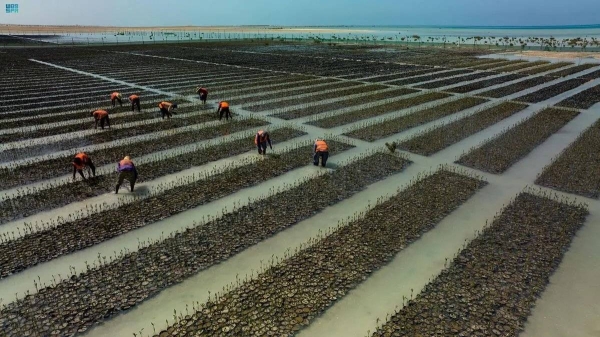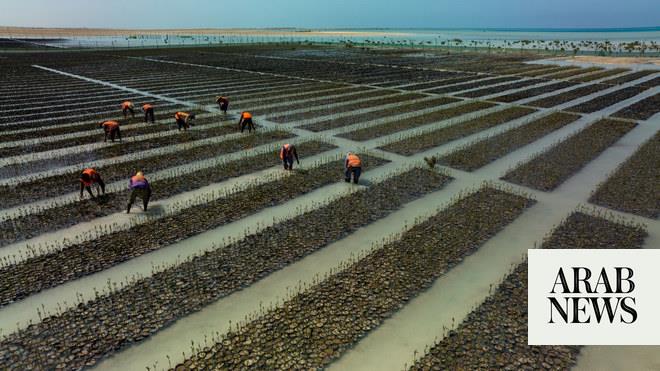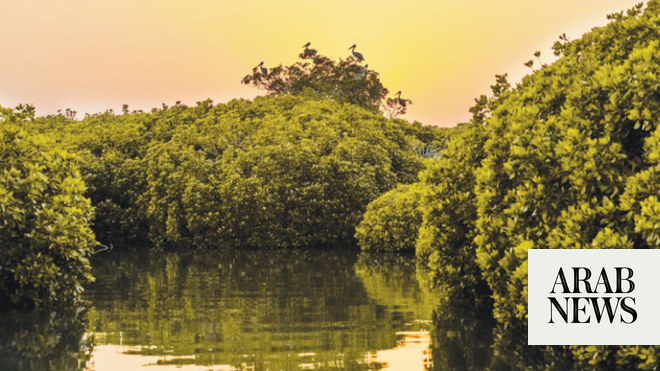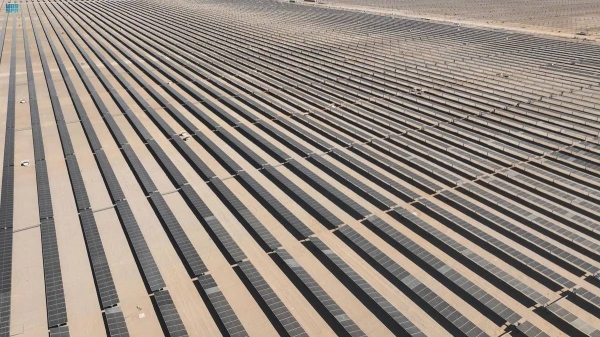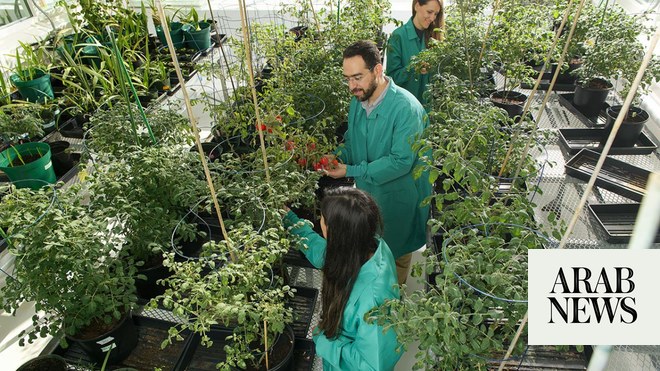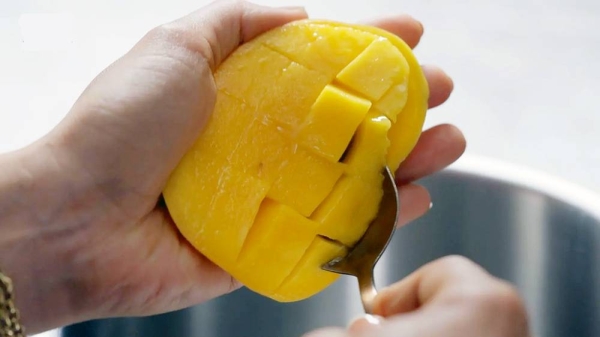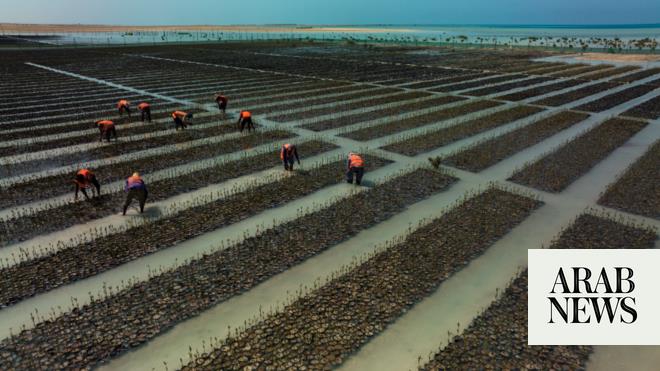
RIYADH: Saudi Arabia’s sustainability journey is expected to get a further push, as Red Sea Global opened its first mangrove nursery which aims to plant 50 million trees by 2030.
According to a press release, this nursery has been launched in partnership with the National Center for Vegetation Cover on the occasion of the International Day for the Conservation of the Mangrove Ecosystem on July 26.
RSG is the developer behind the Red Sea giga-project, which will be home to 50 resorts by 2030, with up to 8,000 hotel rooms and over 1,000 residential buildings spread across 22 islands and six inland areas.
“The successful opening of our Mangrove Nursery is a testament to that unyielding dedication to the preservation and rejuvenation of the Red Sea coastline,” said John Pagano, CEO of RSG.
He added: “We hold the utmost respect for the environment in which we operate and recognize it as our most valuable asset. It is our shared obligation to not only safeguard it, but also proactively enhance it wherever possible.”
Saudi Arabia, which is currently on a path of economic diversification, considers environmental protection as a core part of the agenda outlined in the Vision 2030 plan.
The Kingdom is also spearheading the Saudi Green Initiative and the wider Middle East Green initiative to ensure a sustainable future.
“The power of mangrove forests to store carbon, to manage flooding and stabilize coastlines, and to provide shelter for fish and other organisms, makes them one of nature’s super ecosystems. Our Mangrove Nursery will increase numbers of mangroves and boost biodiversity, ensuring we reach the environmental ambitions we have set ourselves,” added Pagano.
According to the press release, the seedlings will be cared for in the nursery for approximately eight months until they grow to 80cm, at which point they will be carefully transplanted in designated mangrove parks within the destination.
“These trees are among the most efficient tools we have for carbon sequestration, with the capacity to absorb up to five to 10 times more carbon than other plants. Coupled with the positive impact on biodiversity, the successful cultivation of seedlings forms a central pillar in our ambition to achieve a 30 percent net conservation benefit across our destination,” said Raed Albasseet, group chief environment and sustainability officer at RSG.




